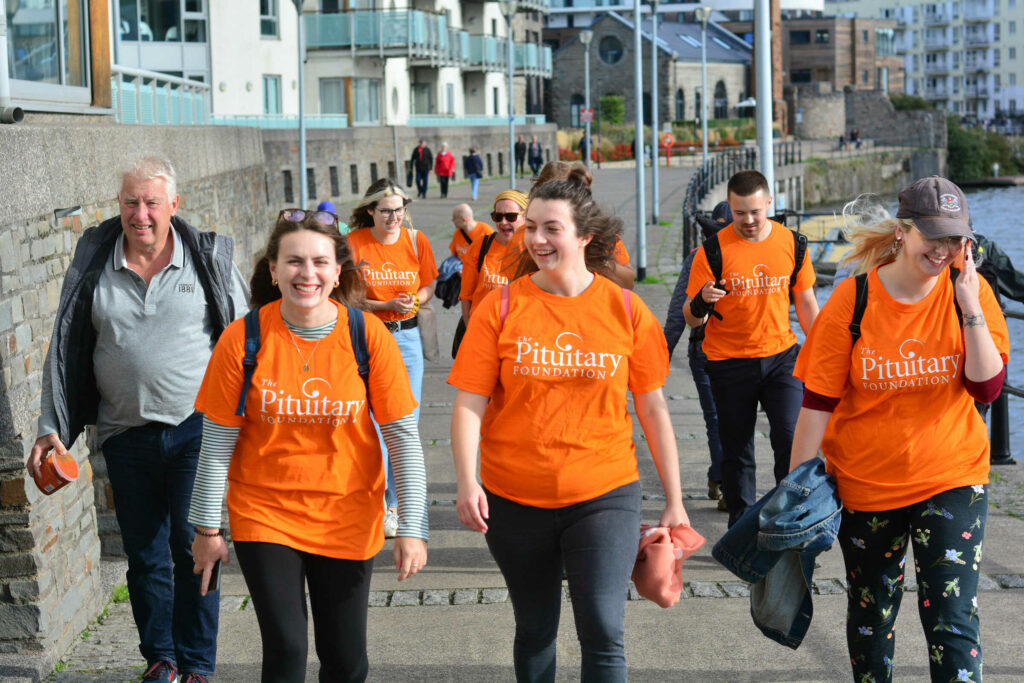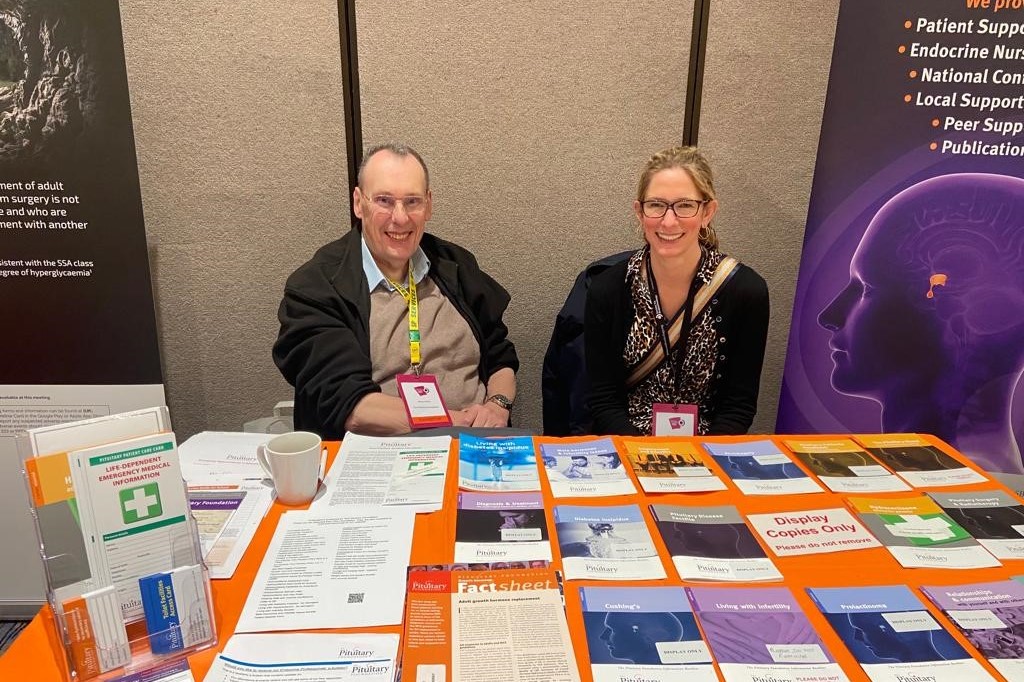A history of campaigning
For over 30 years The Pituitary Foundation has been working to raise awareness and bring about change in policy to improve experiences for pituitary patients and their families.
Foundation staff speak out for pituitary patients in the many rare disease networks we are involved with. This includes:
- Clinical Reference Group in England
- Welsh Cross Party Group for Rare Diseases
- Specialised Health Care Alliance
The Foundation keeps up to date by making sure we are aware of policy decisions that we should respond to on behalf of pituitary patients.
We follow the activities of government’s policy work, NICE, relevant cross party groups, charity sector organisations’ e-bulletins, health boards, other endocrine based organisations, and commissioning bodies.
Some campaigns we are particularly proud of include:
Response to the new Rare Disease Framework
On Saturday 9 January 2021, the UK Government published a new UK Rare Diseases Framework. This document sets out the underpinning themes and priorities for the next five years that must be acted upon if the lives of people with rare diseases are to improve.
NICE Consultations
The Pituitary Foundation registered as a Stakeholder with NICE (National Institute for Health and Care Excellence) in 2017. As a registered stakeholder, we are included on the list of stakeholders when NICE guidelines are being developed. As stakeholders, we are notified when current guidelines are to be updated, and invited to submit comments for consideration in the updated guidelines.
Since 2017, as an organisation we have submitted comments in relation to topics which we consider to be relevant to our pituitary community.
THINK – Adrenal Insufficiency
In 2017 we worked with University Hospitals Bristol NHS Foundation Trust, to encourage all hospitals to have a protocol in place for managing patients with adrenal insufficiency.
Know your insipidus from your mellitus
Our summer 2016 awareness campaign highlighted the importance of desmopressin being a lifesaving medication, and how it is vital not to confuse diabetes insipidus with diabetes mellitus because they have different causes and very different treatments.
Adrenal crisis e-learning module campaign
In 2016, our spring campaign increased the use of the adrenal crisis e-learning modules by ambulance staff, which was developed by North West England Ambulance Service.
Save Our Loos
Pituitary conditions like AVP deficiency (previously diabetes insipidus) can lead to isolation due to patients having to avoid leaving the house to manage symptoms. The Foundation ran a campaign in 2015 where supporters wrote to their local councillor, signed petitions and spread awareness of DI.









